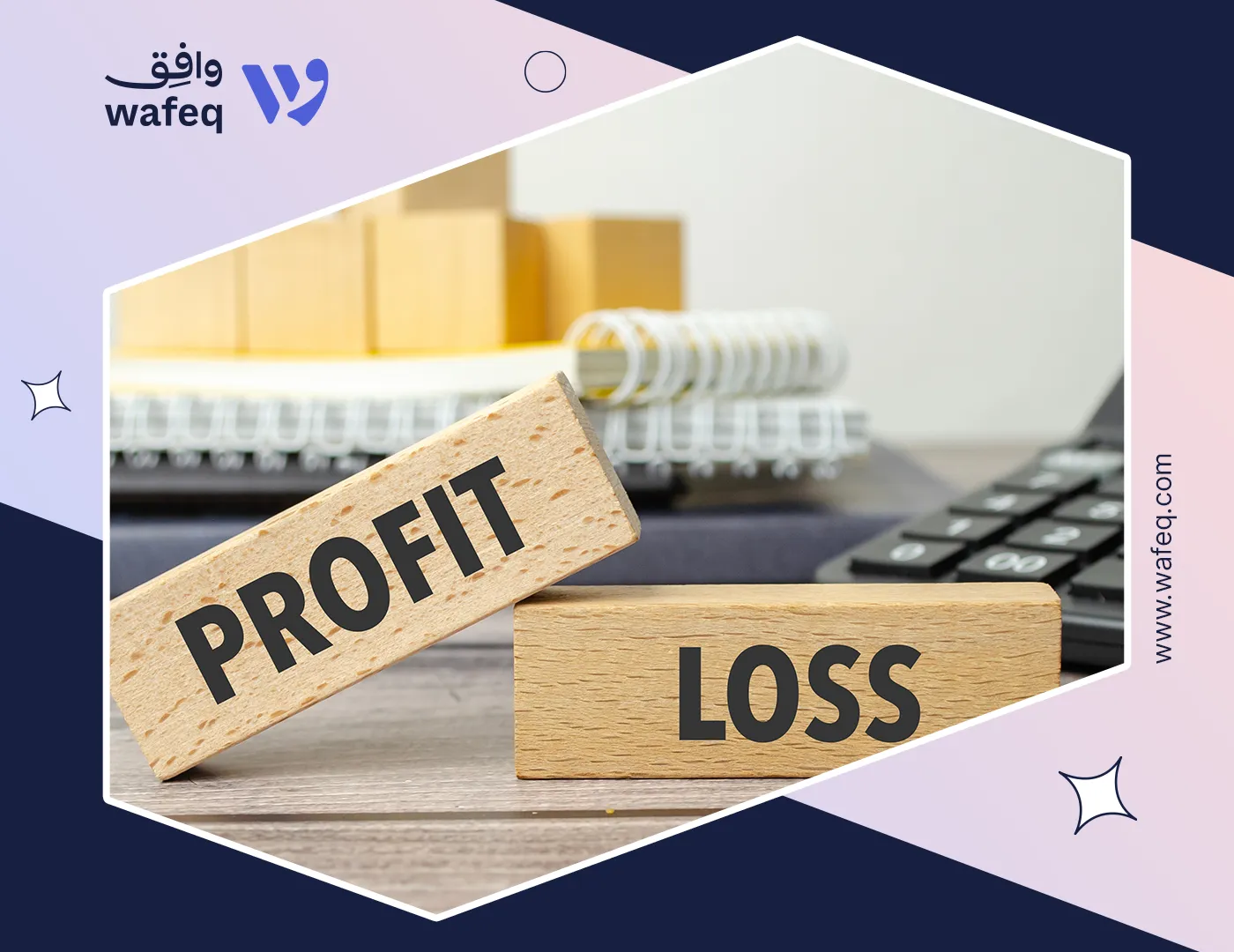When To Choose Accrual Accounting Over Cash Accounting

Accrual Accounting Over Cash Accounting: Overview
The accrual accounting method refers to the practice of recording revenues and costs during the precise moment when things are sold or services are rendered. This is done in accordance with the accrual accounting technique regardless of whether or not any cash changes hands.
The cash accounting technique is one approach that businesses can use. Under this system, firms only record their revenues and costs on the occasions when cash is actually received or paid out.
The accrual accounting method is an alternative to the cash accounting method. Accrual accounting, in its most basic form, is the method of choice for businesses that want to get a clearer picture of their performance indicators over a certain period of time by getting a clearer and more accurate picture of their financial activities.
Real-World Illustrations Of How Accrual Accounting Works
When a company bills its customers on credit terms but does not receive payment until much later, this is an example of accrual accounting. Accrual accounting can also occur when a company records its revenue on its income statement covering the time period in which the goods or services were provided.
Similarly, suppose the firm makes purchases of its own materials or other supplies on credit. In that case, such expenditures are shown on the income statement for the period in which they were incurred, even if the company plans to pay off the debt at some point in the future.
Companies are eventually able to do more accurate gross, operational, and profit margin calculations when they use accrual accounting methods because these techniques more properly reflect the revenues and costs that occur within a certain time period.
Read more about the difference between revenues and income.
Hands-On Examples Of Cash Accounting
Companies are able to acquire more precise snapshots of their cash flows by using the cash accounting technique, which stipulates that revenues and costs be only recorded if and when cash is actually received or paid.
To put it another way, if a corporation extends credit to its customers, it must wait until the loan is completely paid off before including the income from the extended credit on its balance sheet.
For instance, if a furniture business sells a client a leather couch on credit in February but does not receive payment until April, the income for this transaction is not recorded until April. This is because the buyer paid for the sofa after the sale was completed.
Companies that are short on cash can use this approach to determine the exact amount of cash they have available. This helps to prevent the company from overextending itself financially and allows for more strategic planning.
When To Choose Accrual Accounting Over Cash Accounting?
Overall, it’s becoming clear that there are key distinctions between the two practices at hand. Thanks to its conservative nature, accrual accounting might be a more efficient choice for those companies that are either obliged to use this method or want to have the most accurate and pessimistic numbers in their financial statements to avoid overconfidence.
However, cash accounting could still be helpful for some firms, especially those that don’t need to use accrual accounting and wish to get the most up-to-date picture of their liquid funds on a daily basis.
The Conclusion
As we can see, accrual accounting and cash accounting are two similar yet different methods that both have their pros and cons. Firms, and especially accountants, therefore need to choose wisely between the two, as their choice has the potential to completely alter their financial performance, projections, and future decisions—for better or for worse.
If you’d like to find out more about accrual and cash accounting and would wish to deepen your detailed knowledge in the subject even more, go visit our related article about the two methods’ comparison now. In there, we not only go way more in-depth about both approaches but also list countless fine nuances that will surely provide you with game-changing knowledge—see you there!
Run better business
Don't worry about your accounting with Wafeq we use accrual accounting to keep all your expenses and revenues on track, manage payroll and inventory, plus generate over 30 financial reports from one place.





.png?alt=media)









